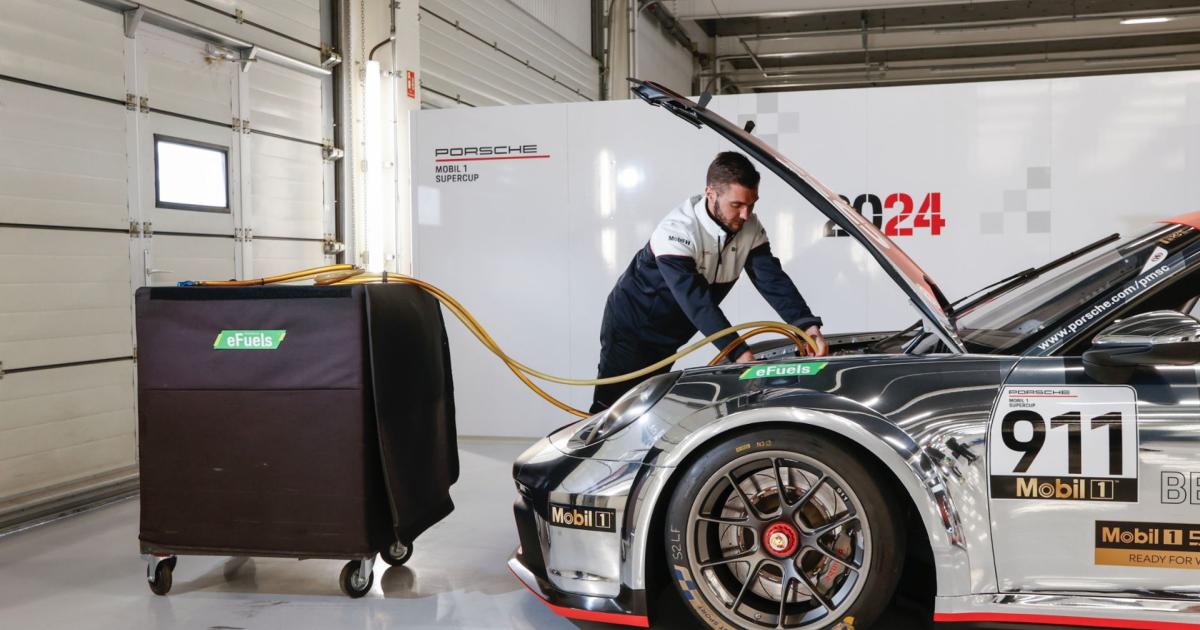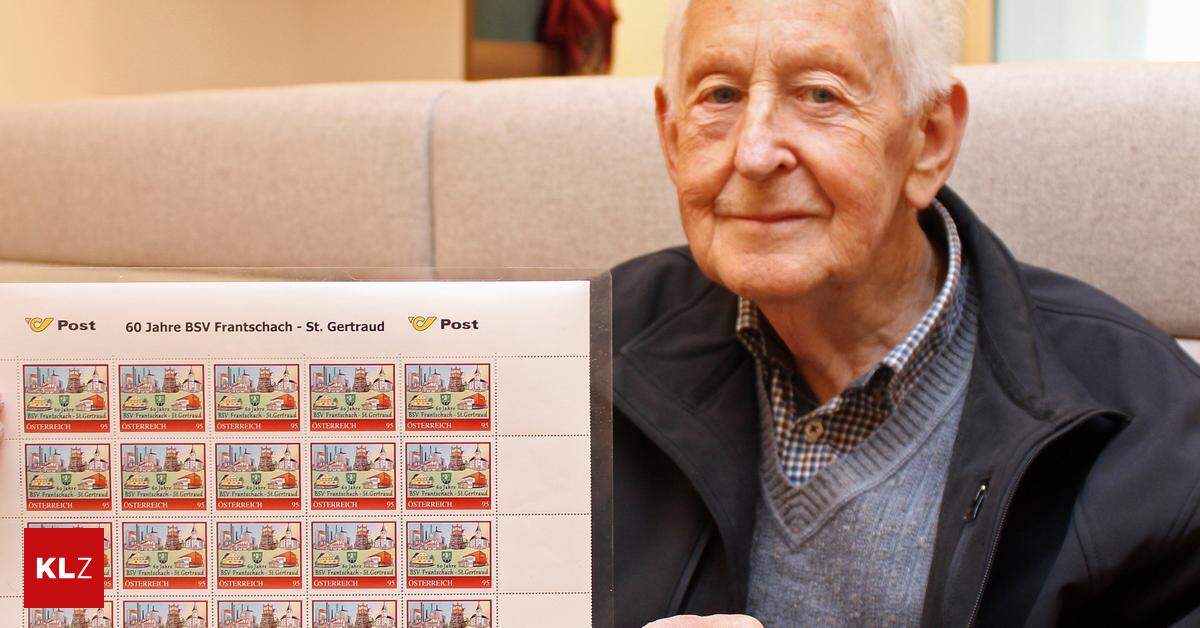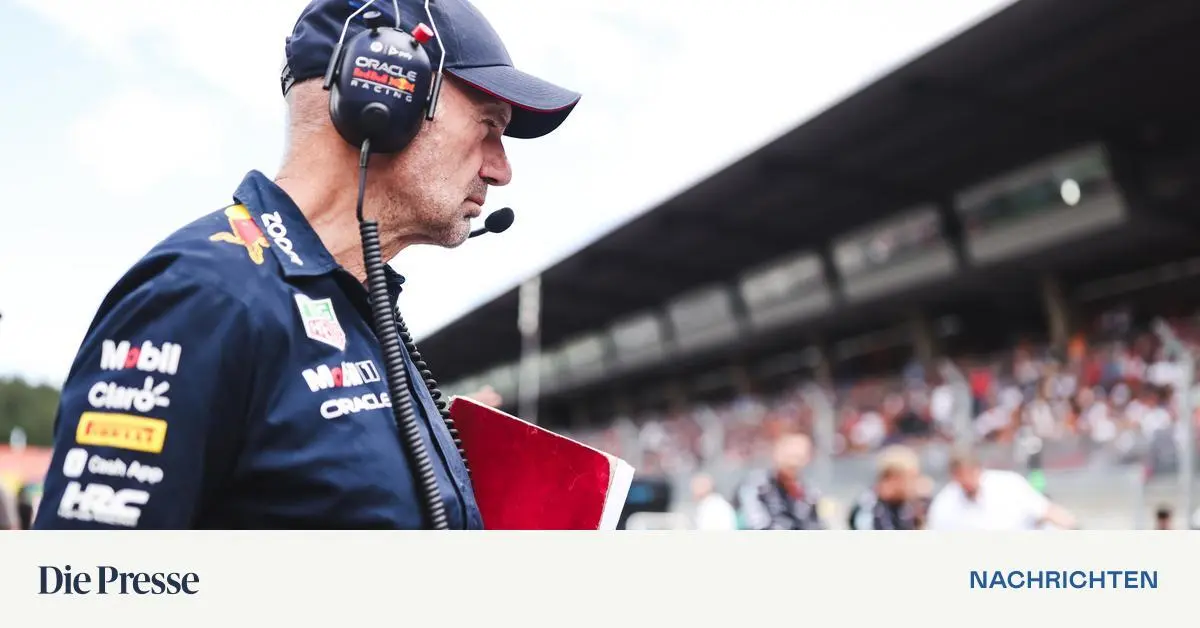Germany wants to control the borders with Poland, the Czech Republic and Switzerland. Those relating to Austria have already been monitored for some time, a measure that will be extended for six months. Prague reacts
to understand.
German Interior Minister Nancy Wieser has notified the EU Commission of fixed border controls on the borders with Poland, the Czech Republic and Switzerland. As government services in Berlin learned on Monday, direct checks at the border by the Federal Police, as has been the case on the border with Austria since 2015, will also be possible in these border sections in the future. Controls at the Austrian border are scheduled to be extended for six months.
Weiser justified its decision, which will initially take effect for ten days in newly notified border sections, by reducing irregular migration. Her ministry said the notification could be extended for up to two months after this period expires. It is also about “fighting smuggling crimes more forcefully,” she said in a statement. According to the Ministry of the Interior, from the beginning of January to the beginning of October, the Federal Police discovered about 98,000 unauthorized entries into Germany.
“Flexible depending on location”
The Minister pointed out the need for every vehicle not to stop at the affected border crossings around the clock in the future. “The Federal Police can now flexibly deploy the full range of fixed and mobile border police measures, depending on the current situation,” Weiser said. It is particularly important to her that “the controls have as little impact as possible on passengers’ daily lives, on trade and travel.”
Brandenburg Prime Minister Dietmar Woidke (SPD) welcomed the announcement of fixed border controls on the German-Polish border. He told the German news agency: “We have to do everything we can to reduce illegal smuggling. “The current situation is unacceptable. Firm controls can make an important contribution to this. However, protecting the EU’s external borders is crucial.
The Czech Republic expects random inspections
Czech Interior Minister Vit Rakosan expressed his understanding of the German decision. After a conversation with Weiser, he expected that border controls would be implemented randomly, similar to the Czech controls on the border with Slovakia, the conservative politician wrote on the X platform. “The goal – just as with us – is an effective fight,” Rakosan stressed. “The drops are against them.”
Faisr had recently announced tighter controls near the eastern border and represented the legal opinion that federal police could stop vehicles directly at the border at certain points – for example if there was suspicion of them being towed there. It rejected the requests of the CDU Interior Ministers of Saxony and Brandenburg, Armin Schuster and Michael Stubgen, arguing, among other things, that anyone seeking asylum at the border generally cannot be rejected in any case.
However, it is easier to catch smugglers through fixed checks, because during cross-border checks they often have already disappeared by the time the police pick up people who have entered the country illegally.
Rejections at internal Schengen borders are legally permissible only if the EU Commission has been notified in advance of the temporary re-imposition of border controls. However, refusal is only used in relatively few cases, for example, if a foreigner is denied entry to the country or if they do not apply for asylum. Although the principle of open internal borders actually applies in the Schengen Area, several countries, including Austria, have currently notified border controls. (Abba)

“Food practitioner. Bacon guru. Infuriatingly humble zombie enthusiast. Total student.”







More Stories
16 Amazon trucks were set on fire during Walpurgis Night in Berlin
The G7 wants to get rid of coal
May 1, 2024: 20 years of EU enlargement